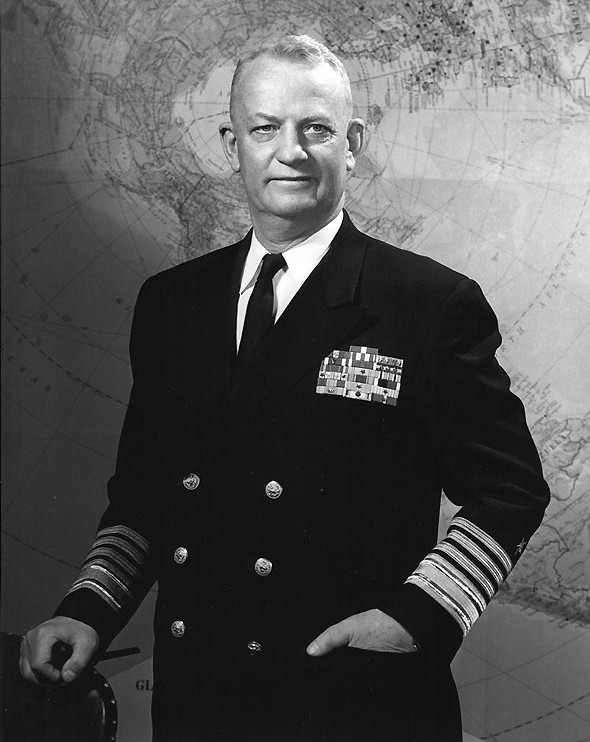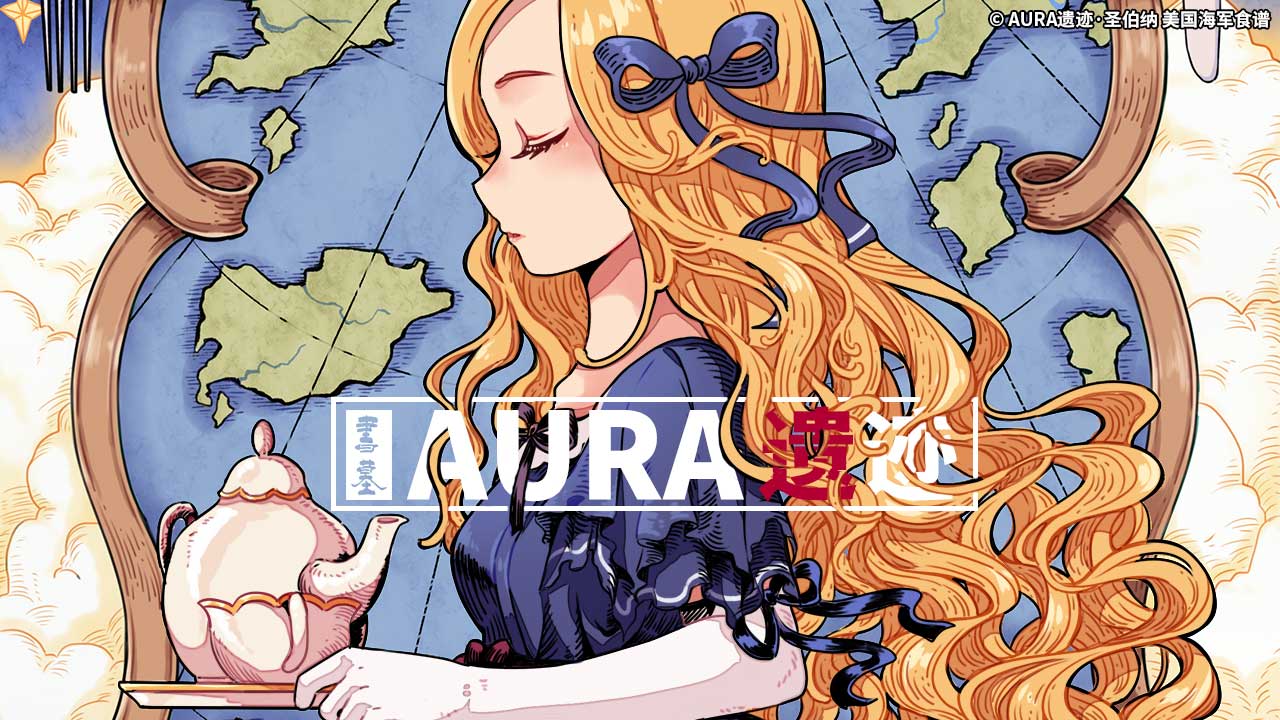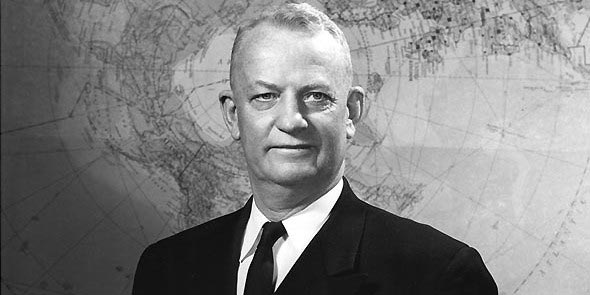Who’s your favorite USN or WW2 person Morgane? You seem to like submarines a lot, so am I right in guessing Nimitz? Will they show up in Pacific?
Close. I hold a lot of admiration for a lot of our historical figures, and I tend to be more sympathetic than not for those that (I feel) got the short end of the stick – Jack Fletcher is a pretty good example. I also tend to defend (more so due to personal opinion, familial experiences (hard to hate your great uncle’s boss, for instance) or other impressions) individuals that may be controversial such as Mush Morton or Ted Sherman.
The latter I’ll answer first. Historical figures show up as either important background characters (E.G. Dwight Eisenhower, the KOG, and so on) or as “historical characters” in the form of ace fairies. The latter out of this group is infinitely easier for me to write, as according to Pacific lore, they are “locked” in time. That is to say, they possess only the knowledge and the “characteristics” up to that point, and the character is effectively frozen in time. So writing a Fuchida is easy because we know how he was during WW2. Writing the aging Fuchida as he appears, not as a fairy but himself in Pacific, is a bit more difficult.
As for the former group, in terms of background characters, you’ll notice that I tend to currently settle with descriptive elements only. After all, the only way to write them well is to read a lot of autobiographies, and you’ll be surprised to find that not two autobiographies are alike. Eisenhower is a prime example of this. I’ve gone through three separate autobiographies of him and combed his presidential library for personality tidbits before finally creating an “impression” of him as a character that I’d like to use. Each of those literally paint a different picture of the president, and I had to do a lot of thinking to synthesize all of those into one thing.
If I was to speak simply, Eisenhower’s a gentle giant. People trusted him. That was perhaps the more important out of all of his traits, and he took that trust seriously. He’s from a rural background, and reading up his experiences – both how he was raised and his experiences at West Point – convinced me that his folky farm-boy persona is both an act that he cultivates and something that is, well, him.
That being said, Eisenhower had an impeccable eye for policy. He is generally considered to be fairly good as a commanding officer in WW2. In real life he ended the Korean War after five months in his presidency and did not get us into another war. Nobody would know how many American and other lives he would have ultimately saved, but that part was particularly irrelevant when you consider that he was a man who stubbornly refused Congress, his advisors, and the Pentagon’s requests of a pre-emptive nuclear strike on countries such as China.
As such, a lot of the groundworks for how STEC grew in Pacific’s universe appeared because he made sense to me. This was after spending quite a bit of effort in trying to see what subtle tweaks can I make to his presidency to get America in Pacific to where I want – let’s just say that even now in 2017 I am ambivalent about the exact order of the presidents that would appear. This isn’t even about Clinton or Bush or Obama or Trump, but let’s just say that I’ve looked deeply into the timeline of Pacific, and I can totally see an America with no Kennedy or Reagan work.
But if you have to have me pick one historical figure to write that pertains to the USN it might come as a surprise to you.

Due to a series of fortunate incidents, I am happy to say that I’ve read more about this man than a twenty-something should. Read Maury’s profile and you’ll quickly see the connection. To me, Arleigh Burke is basically the ur-example of a brilliant USN Navy Admiral. His actions in both peace and war, from childhood to CNO, exemplifies what the Navy is about.
This is a man who not only innovated our destroyer tactics in WW2, but he helped shape the modern day US Navy, with his focus on carrier aviation, nuclear propulsion, and the Polaris missile. He served for six years as CNO – the longest of anyone to hold that office. But he was far more than just a hotshot DD commander, a capable CNO, or a living legend.
As a person? Burke is integrity personified. His work ethic is legendary, as is his drive and professionalism. He’s got a singleminded devotion to a few things in life – his country, the navy, his wife and little else. He spoke his mind and respected and expected others to do the same. Burke’s language can be surprisingly colorful at times.
It’s no wonder to anyone that he would leave but one word as his epitaph: Sailor.
We’re talking about a man who Secretary Tom Gates ordered to take time off because he was afraid that he would break down due to overwork. Sent to a luxury hotel resort in Virginia, Burke lasted a grand total of two days before fleeing back to Washington. He was just uncomfortable in that environment – after all, you’re talking about an admiral who didn’t golf or gamble (the only sport he was known to enjoy is Navy football which he follows religiously), and who sometimes work so hard that he forgets his own dinner parties.
And accomplished he was. By the end of his second term as CNO, he had not only shaped American policy, but he had ensured America’s future investments. USS Long Beach was nearly finished. The Enterprise – the first nuclear carrier – was almost done as well. His Naval Leadership Program is starting to generate immense amounts of talent. He kept the Navy independent, dampened the massive-retaliation strategy, and gotten a lot of younger officers into places where they could do their jobs.
Then there’s Polaris. You didn’t know that Burke was the one who launched the program, got the money for it, promoted it, and ultimately guided it, right?
But did you know what happened to him?
Burke, I don’t want the United States involved in this.
Kennedy’s angry response to Burke’s suggestions of naval during the Bay of Pigs fiasco. Burke himself was opposed to the invasion plans, and he was briefed at the barest of minimums in which – according to his memoirs – that he did not know even how to offer constructive criticism, so little did he know of the organization.
And so, when the debacle unfolded, Burke offered several ways to turn the battle around. He had units ready – he was opposed to it, but he was determined to salvage a bad situation. Kennedy flippantly blocked him at every turn, concerned as he was about the appearance of things. Burke, ever the consummate professional, only had this to say in response.
Hell, Mr. President, but we ARE involved!
When I read about Burke’s anger, something touched me deeply. Here was a man who will serve the nation faithfully for forty-two years, having survived World War II, the Korean War, and watched the Cold War begin.
He achieved greatness and became an actual living legend, he did so much for his country, and yet his last two years as CNO were spent trying to save the navy he loved so much from meddling bureaucrats and politicians. The air force, which first tried to block the development of Polaris, now wanted to take it over. He and a handful of farsighted individuals tried to warn the US of the extraordinary implications behind the “military reforms” (which, I will remind you, resulted in Vietnam…) but their warnings fell on largely deaf ears.
My impression, from reading the correspondences and the historical sources and hearing about the admiral from those who knew him, was that his last two years in office were distressing. The Bay of Pigs incident deeply affected him. He was tired. He was discouraged. He refused re-appointments and lucrative appointments to other offices and finally retired. In short, it was a tragic and somewhat unfulfilling end to the career of one of the most brilliant naval officers of US history.
You know how I started off on Pacific wanting to do something to “save” America – as I stated in that 2016 piece where I laid out my personal politics? That I wanted to make a stand against historical revisionism and what I saw as the slow degradation of our country?
There are a few individuals in history whose ends I felt were simply not fair. It’s a little like how they scrapped CV-6. It’s just …
It hurts.
I want to see if I can do something to mend that.
There are a handful of key historical figures involved in the Special Task and Evaluation Command, and Arleigh Burke is one of them.
Let’s just say I’m working on how he is portrayed and leave it at that.

